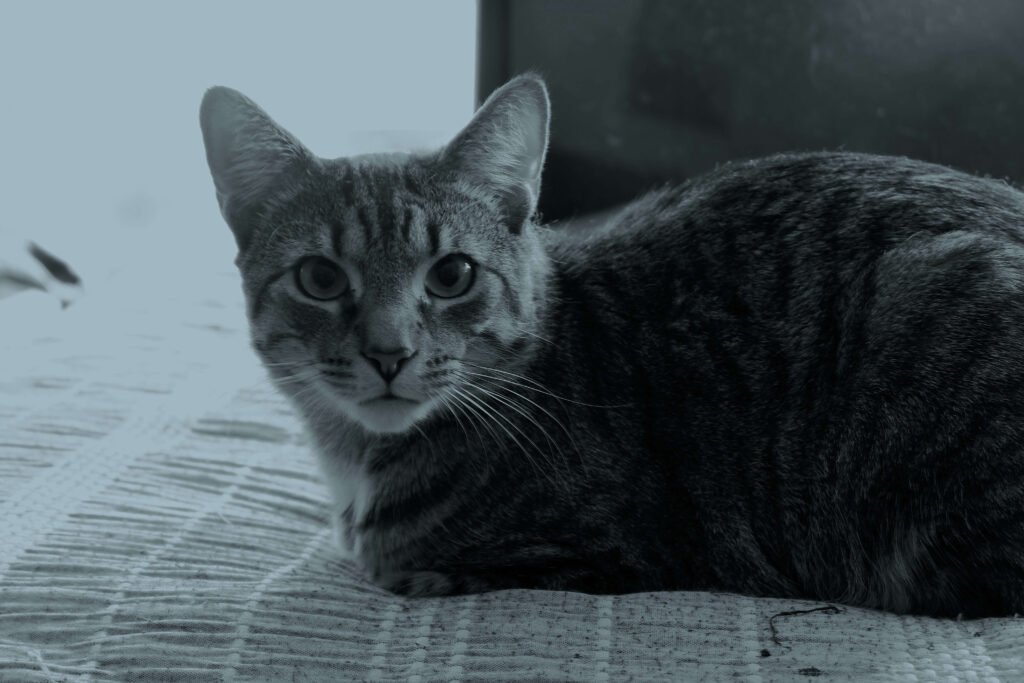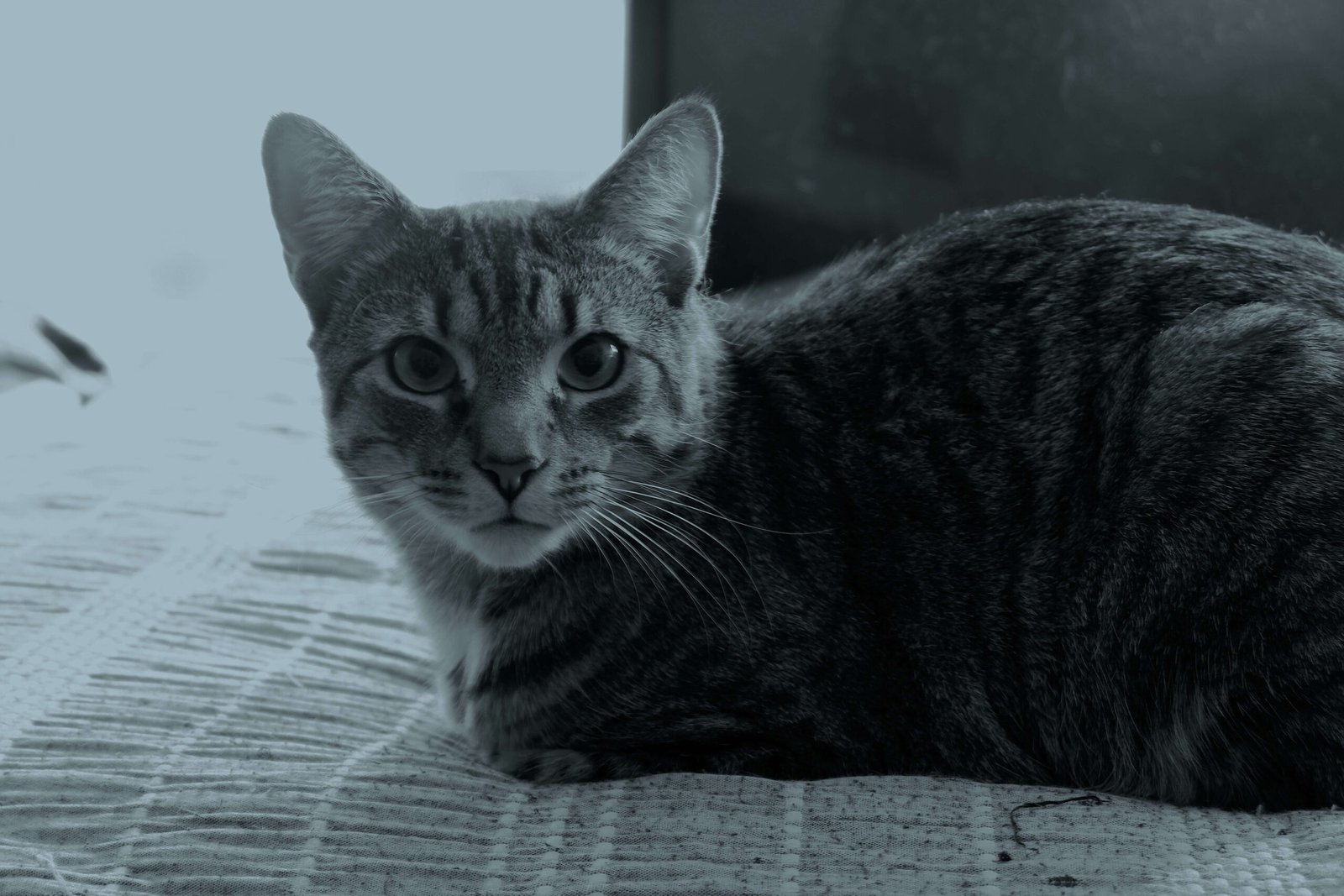Cat Nose Bleed: Understanding Causes, Symptoms, and What to Do
A cat nose bleed, also known as epistaxis, can be alarming for any pet owner. While occasional minor bleeding might not indicate a serious issue, persistent or severe nosebleeds should never be ignored. Cats are naturally curious creatures, and their noses often take the brunt of their adventures—whether it’s sniffing around sharp objects, inhaling irritants, or encountering other hazards. In this blog post, we’ll explore the potential causes of nosebleeds in cats, how to identify symptoms, and what steps you can take to ensure your feline friend stays healthy. By understanding this condition, you’ll be better equipped to act quickly and responsibly when faced with a cat nose bleed.
Common Causes of Cat Nose Bleeds
Nosebleeds in cats can stem from a variety of causes, ranging from minor injuries to more serious underlying health conditions. Identifying the root cause is crucial for determining the appropriate course of action. Here are some common reasons why your cat might experience a nose bleed:
Trauma or Injury
Cats may injure their noses while playing, jumping, or exploring, especially if they bump into hard surfaces or sharp objects.Foreign Objects
Small objects like grass seeds, dust, or debris can become lodged in the nasal passages, causing irritation and bleeding.Infections
Bacterial, viral, or fungal infections in the respiratory tract can lead to inflammation and subsequent nosebleeds.Allergies or Irritants
Exposure to strong chemicals, smoke, or allergens can irritate the nasal lining, resulting in bleeding.Underlying Health Conditions
Conditions such as hypertension, blood clotting disorders, or tumors may cause recurrent or severe nosebleeds.
Understanding these potential causes can help you assess the situation and decide whether professional veterinary care is necessary.
Signs and Symptoms to Watch For
While a nosebleed itself is a clear sign that something may be wrong, there are additional symptoms that can provide valuable clues about your cat’s condition. Here’s what to look out for:
Frequent Sneezing
If your cat is sneezing repeatedly, it could indicate irritation or an obstruction in the nasal passages.Discharge from the Nose
Pus-like or bloody discharge accompanying the nosebleed may suggest an infection or injury.Pawing at the Nose
Cats often paw at their noses when they’re uncomfortable or trying to remove something stuck inside.Lethargy or Weakness
A lack of energy or unusual fatigue could signal a more systemic issue, such as anemia or infection.Difficulty Breathing
Labored breathing or wheezing might indicate a blockage or respiratory problem requiring immediate attention.
Recognizing these symptoms early can make a significant difference in addressing the underlying cause of your cat’s nosebleed.
Check this guide 👉Home Remedies for Blood in Cat Stool: Best 7 Expert Tips!
Check this guide 👉Why Is My Male Cat Peeing Blood but Acting Normal? Best 7 Tips
Check this guide 👉Cat Pooping Jelly-Like Substance with Blood: Best 7 Tips!

Possible Causes of Cat Nose Bleeds | Symptoms to Watch For |
|---|---|
Trauma or injury | Frequent sneezing |
Foreign objects | Discharge from the nose |
Infections | Pawing at the nose |
Allergies or irritants | Lethargy or weakness |
Underlying health conditions | Difficulty breathing |
What to Do If Your Cat Has a Nose Bleed
If your cat experiences a nosebleed, staying calm and taking immediate action is essential. Here are some steps you can follow to address the situation:
Keep Your Cat Calm
Minimize stress by keeping your cat in a quiet, comfortable space away from loud noises or disturbances.Check for Obvious Causes
Inspect your cat’s nose for signs of trauma, foreign objects, or visible wounds.Apply Gentle Pressure
Use a clean cloth or tissue to apply gentle pressure to the nostrils if the bleeding is light and localized.Monitor the Bleeding
Observe how long the bleeding lasts. If it persists for more than a few minutes, seek veterinary advice.Avoid Home Remedies
Refrain from using medications or home treatments without consulting a veterinarian, as they may worsen the condition.
Taking these steps can help stabilize your cat until you can consult a professional for further guidance.
Preventive Measures to Reduce the Risk of Nose Bleeds
Prevention is always better than cure, especially when it comes to your cat’s health. Here are some proactive steps you can take to minimize the risk of nosebleeds:
Create a Safe Environment
Remove sharp objects, toxic plants, and small items that could harm your cat or get lodged in their nose.Maintain Good Air Quality
Ensure your home is free of strong chemicals, cigarette smoke, and allergens that could irritate your cat’s nasal passages.Regular Vet Check-Ups
Schedule routine veterinary visits to monitor your cat’s overall health and catch potential issues early.Provide a Balanced Diet
A nutritious diet supports a strong immune system, reducing the likelihood of infections or clotting disorders.Supervise Outdoor Time
If your cat goes outside, keep an eye on them to prevent accidents or exposure to harmful substances.
By implementing these preventive measures, you can help protect your cat from unnecessary risks and ensure their long-term well-being.
First Aid Tips for Cat Nose Bleeds
If your cat experiences a nosebleed, knowing basic first aid can make a significant difference before you can consult a veterinarian. Here are some practical steps to follow:
Stay Calm and Reassure Your Cat
Your cat can sense your emotions, so staying calm will help keep them relaxed during the episode.Position Your Cat Upright
Keep your cat in an upright position to reduce blood flow to the nasal area.Avoid Tilting the Head Back
Tilting the head back can cause blood to flow into the throat, leading to choking or swallowing blood.Use a Cold Compress
Apply a cold compress to the bridge of the nose to constrict blood vessels and slow the bleeding.Document the Episode
Note the duration and severity of the bleed, as this information can be helpful for your vet.
By following these first aid tips, you can provide immediate care and gather valuable information for your veterinarian.
When to Seek Emergency Veterinary Care
While some nosebleeds may resolve on their own, certain situations require immediate attention from a veterinarian. Here’s how to determine if your cat needs urgent care:
Bleeding Lasts More Than 10 Minutes
If the nosebleed doesn’t stop after 10 minutes of gentle pressure, it’s time to see a vet.Heavy or Profuse Bleeding
Excessive blood loss can lead to weakness or shock, necessitating emergency treatment.Accompanying Symptoms
Signs like difficulty breathing, pale gums, or collapse indicate a more serious underlying issue.Recurrent Nosebleeds
Frequent episodes over a short period suggest an ongoing problem that needs investigation.Trauma or Injury
If your cat has suffered a fall, fight, or other injury, seek veterinary care to rule out fractures or internal damage.
Recognizing these red flags ensures your cat receives timely medical intervention when it matters most.
Common Misconceptions About Cat Nose Bleeds
There are several misconceptions about cat nosebleeds that can lead to confusion or delayed treatment. Clearing up these myths can help you respond more effectively:
Myth: Nosebleeds Are Always Harmless
While some nosebleeds are minor, others can indicate serious health issues like infections or tumors.Myth: Cats Can’t Get High Blood Pressure
Hypertension is a real concern in cats and can lead to nosebleeds, among other symptoms.Myth: Allergies Don’t Cause Nosebleeds
Severe allergic reactions or chronic irritation can indeed result in nasal bleeding.Myth: Home Remedies Are Always Safe
Using unapproved treatments can worsen the condition or mask underlying problems.Myth: Only Outdoor Cats Get Nosebleeds
Indoor cats are also susceptible to nosebleeds due to factors like dry air, infections, or systemic diseases.
Understanding these misconceptions helps ensure you approach your cat’s nosebleed with accurate information and appropriate care.
Frequently Asked Questions About Cat Nose Bleeds
Is a single nosebleed in my cat a cause for concern?
A one-time, minor nosebleed might not be serious, but monitor your cat closely for recurring episodes or other symptoms.
Can allergies cause nosebleeds in cats?
Yes, severe allergic reactions or exposure to irritants can lead to nasal irritation and bleeding.
Should I take my cat to the vet immediately?
If the bleeding is heavy, prolonged, or accompanied by other symptoms, seek veterinary care promptly.
Can high blood pressure cause nosebleeds in cats?
Yes, hypertension can lead to nosebleeds and should be evaluated by a veterinarian.
How can I tell if a foreign object is causing the bleed?
Look for signs like sneezing, pawing at the nose, or visible obstructions. If unsure, consult a vet.
Final Thoughts: Staying Vigilant for Your Cat’s Health
A cat nose bleed can be unsettling, but with the right knowledge and approach, you can address the issue effectively. Whether it’s caused by a minor injury or a more serious health condition, paying attention to your cat’s behavior and seeking timely veterinary care are key to ensuring their well-being. By staying informed and proactive, you can provide your feline companion with the love and care they deserve. Remember, your vigilance can make all the difference in keeping your cat happy, healthy, and thriving.
Cat Anaphylactic Shock Treatment Costs: Best 7 Expert Tips! – Learn about costs, treatments, and financial aid options to save your cat’s life.
Exocrine Pancreatic Insufficiency in Cats: Best 7 Tips! – Learn to spot symptoms, manage EPI effectively, and improve your cat’s quality of life with expert advice.
Cost of Dog Anaphylactic Shock Treatment: Best 7 Tips! – Learn about emergency costs, financial planning, and ways to manage expenses for your dog’s care.
Exocrine Pancreatic Insufficiency in Dogs: Best 7 Tips! – Learn to spot symptoms, manage EPI effectively, and improve your dog’s quality of life with expert guidance.





